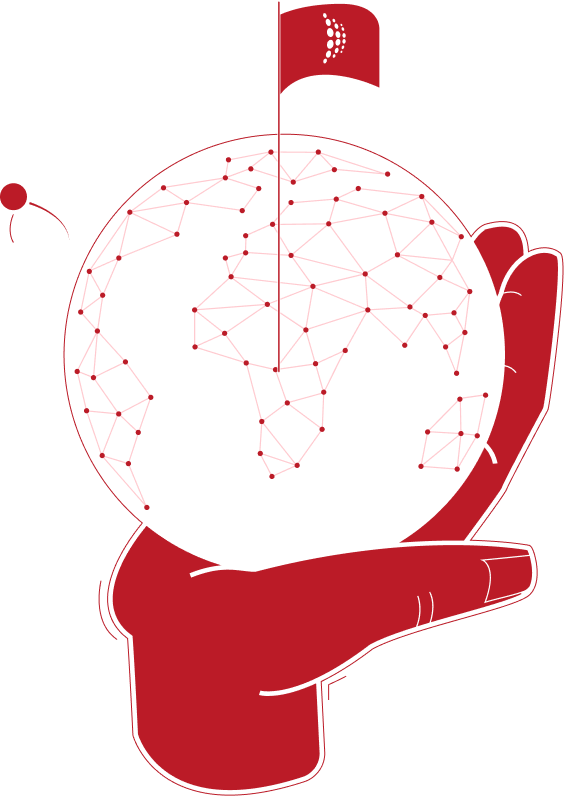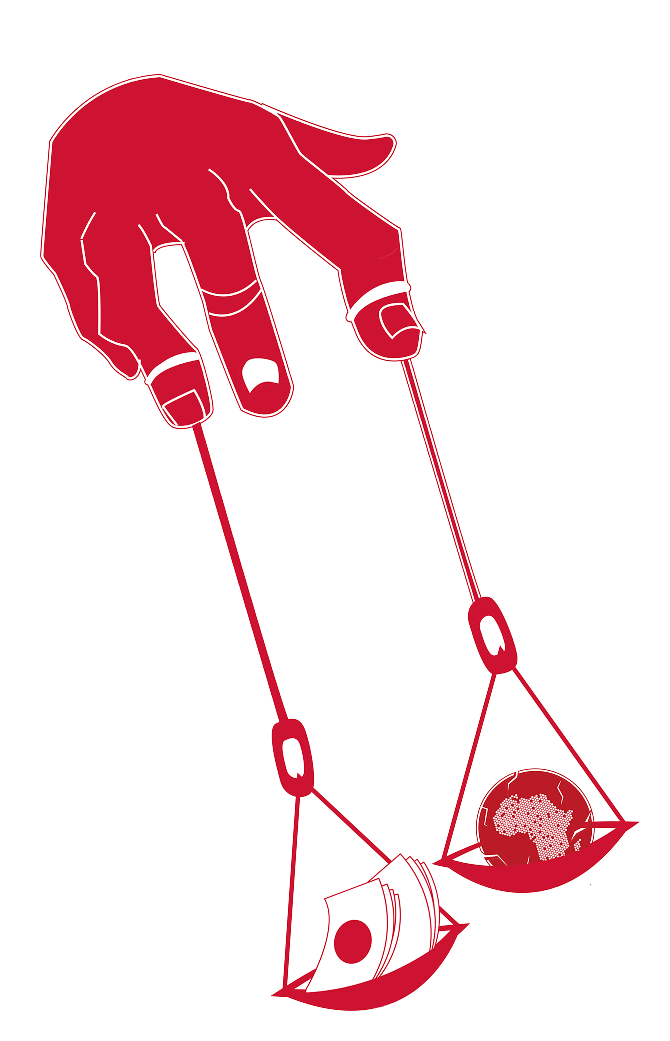-
ABOUT THE MOVEMENT
- CAMPAIN & EVENTS
- RESOURCES
- PRESS ROOM
- DONATE

-
ABOUT THE MOVEMENT
- CAMPAIN & EVENTS
- RESOURCES
- PRESS ROOM
- DONATE

AfriNIC, the institution that manages Africa's internet infrastructure, faces dissolution. Without immediate action, a continent loses control of its digital future

In 1997, African pioneers dreamed of digital independence. Today, that dream hangs by a thread. This is the story of how a critical piece of Africa's internet infrastructure became trapped in legal warfare—and why every African connected to the internet should care.
Before smartphones, before social media, before digital payments transformed Africa—visionaries like Professor Nii Quaynor saw what was coming.

By 2005, they built it. AfriNIC became Africa's internet registry—the only piece of core internet infrastructure owned and operated by Africans, for Africans.

But there was a fatal flaw in the foundation and cracks began to appear. To meet international standards, AfriNIC had to be community-led, not government-backed. No treaties protected it. No diplomatic shields defended it.

In 2019, researcher Ron Guilmette noticed something wrong. African IP address were appearing in Chinese and American data centers. Someone was stealing Africa's digital resources from the inside.

Then came Cloud Innovation, the Seychelles company responsible for the capture of over 6 million African IP addresses led by an entrepreneur named Heng Lu.
They didn't steal—they captured through loopholes and cracks in Afrinic’s systems.

By 2022, AfriNIC was broken. No functioning board. Frozen bank accounts. Elections blocked by injunctions. A climate of fear silenced the very community that built it.

This is Africa's digital independence movement. It needs technologists and teachers, students and CEOs, activists and entrepreneurs. Here's how you can join the rescue mission."
The battle isn't over. Whether through reforming AfriNIC, building AfriNIC 2.0, or creating entirely new models—Africa will reclaim its digital sovereignty. But it needs every voice, every vote, every advocate.
When you send a WhatsApp message, stream Nollywood, or make a mobile payment—that relies on AfriNIC's work. Without it, Africa's internet becomes more expensive, less reliable, and less African.

Stay connected to latest news on hearings, rulings and the key decisions driving the AfriNIC saga and contribute to Africa’s freedom!